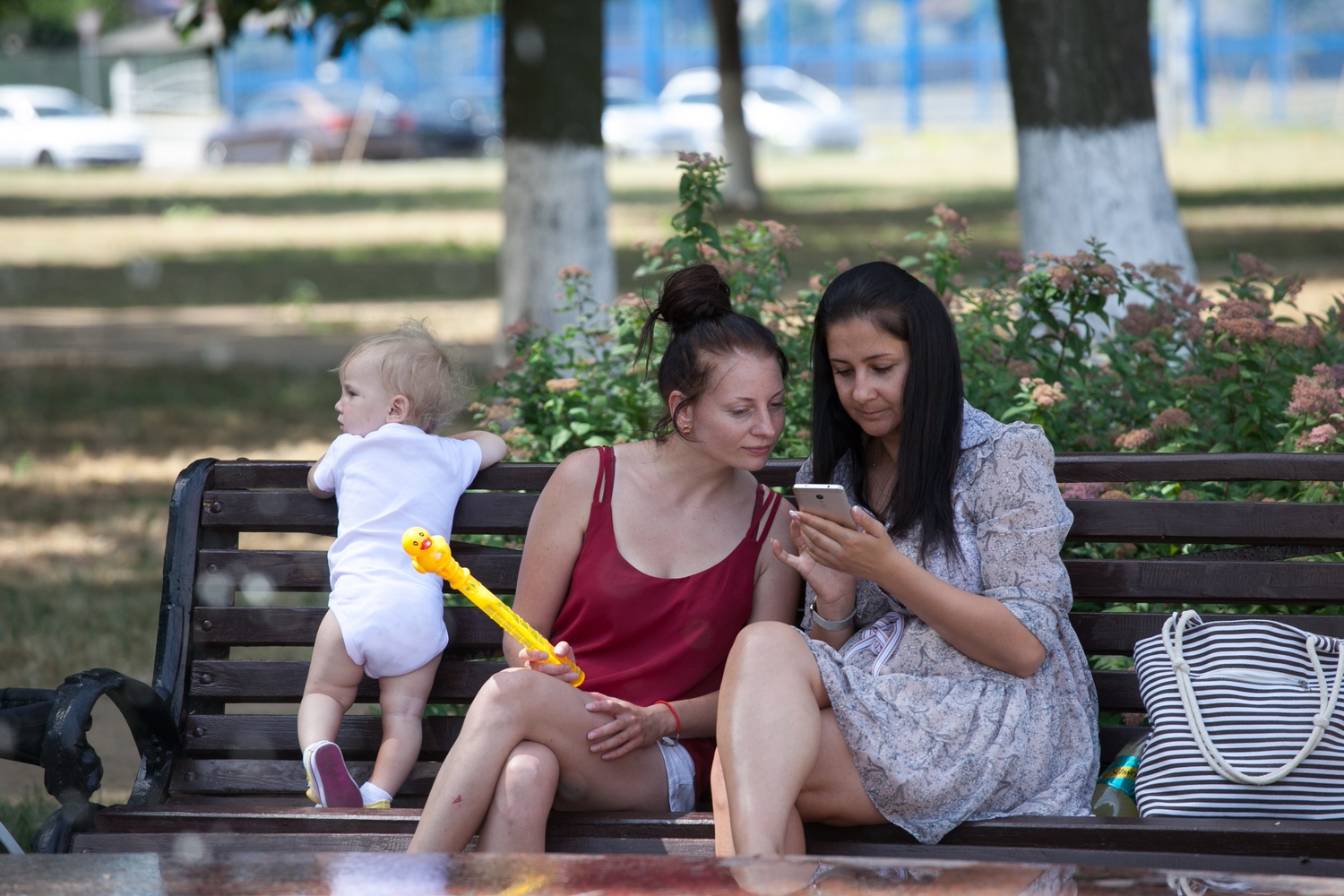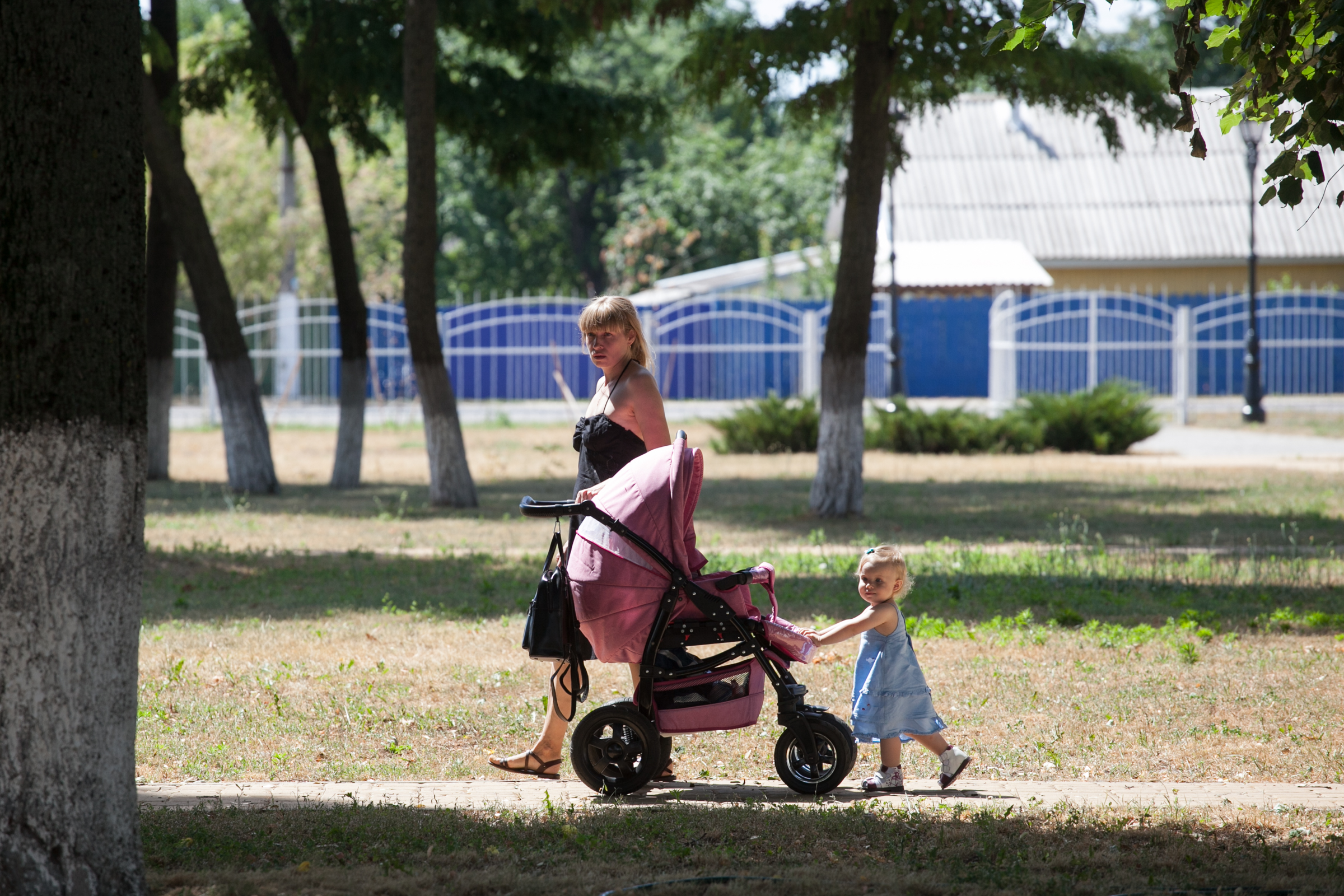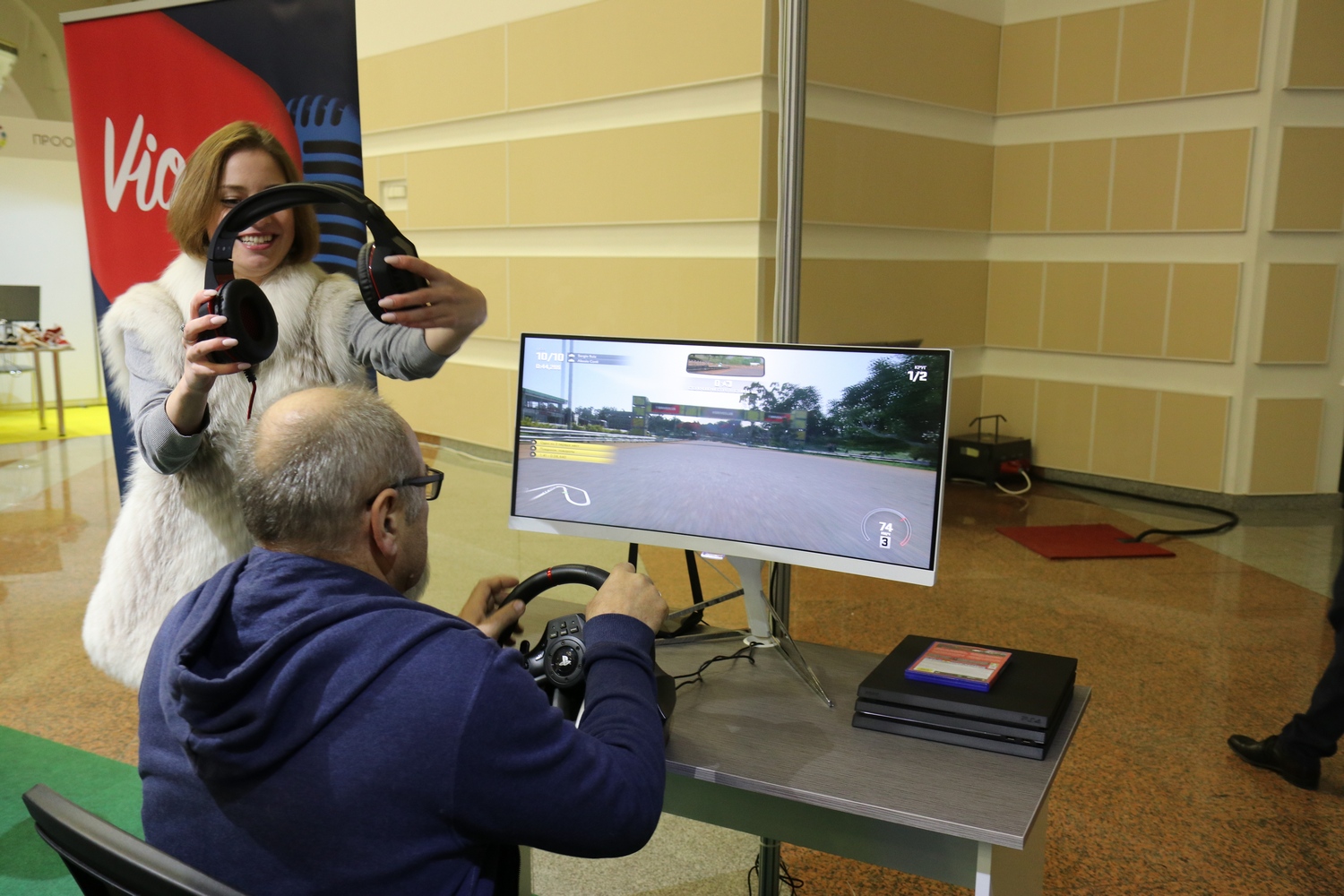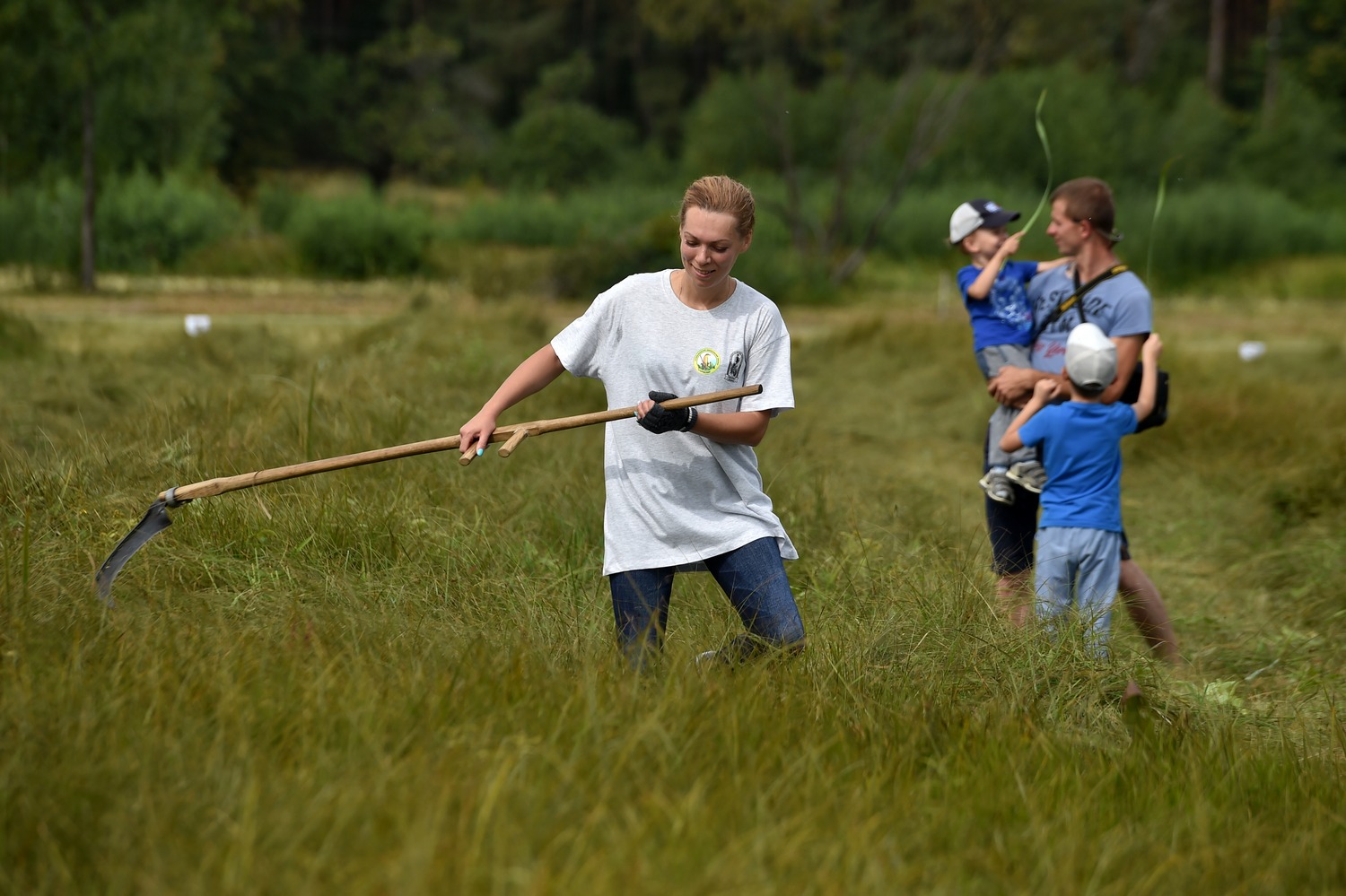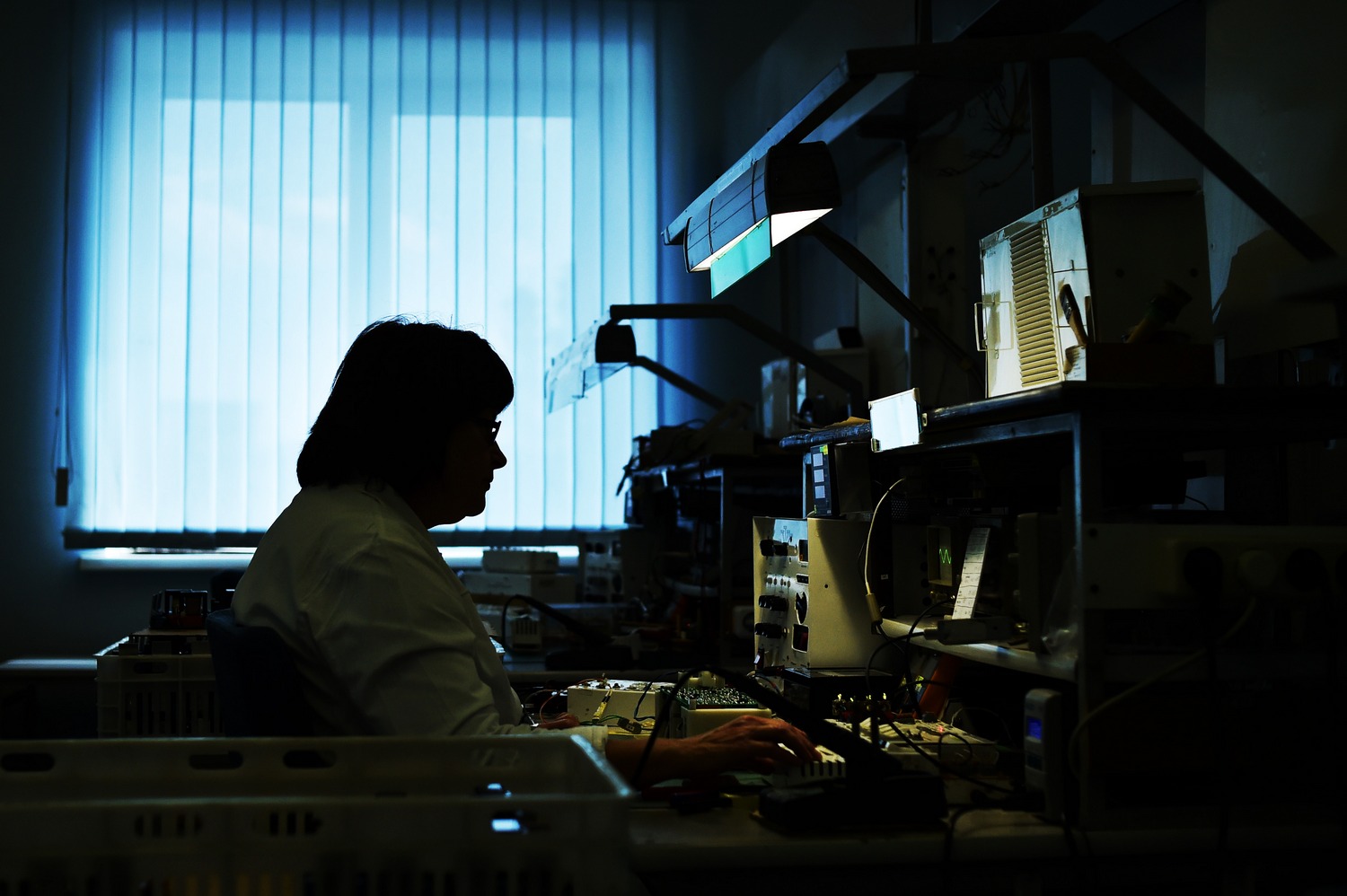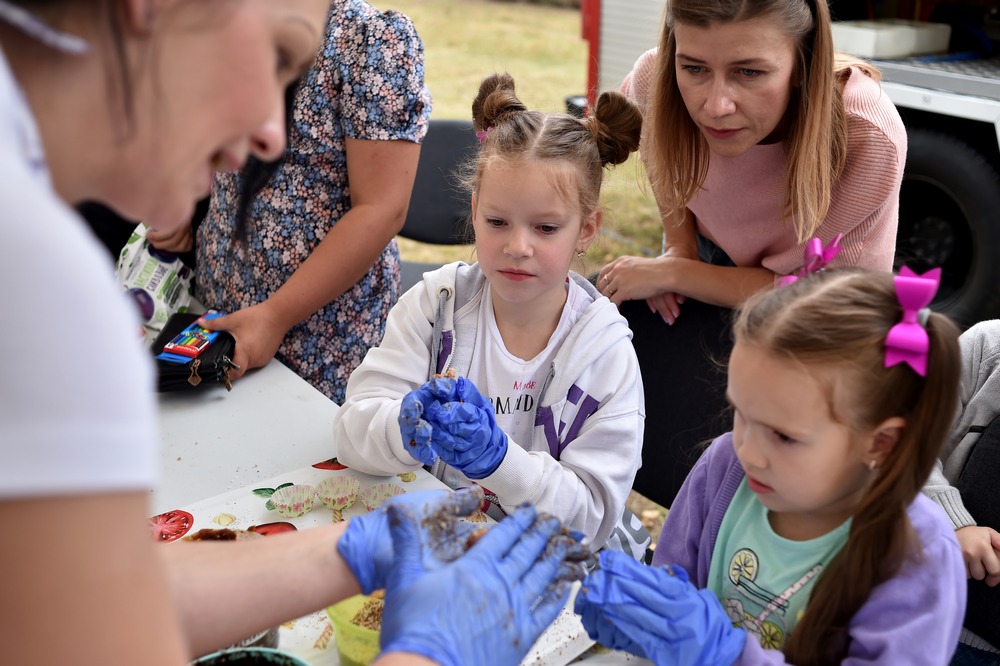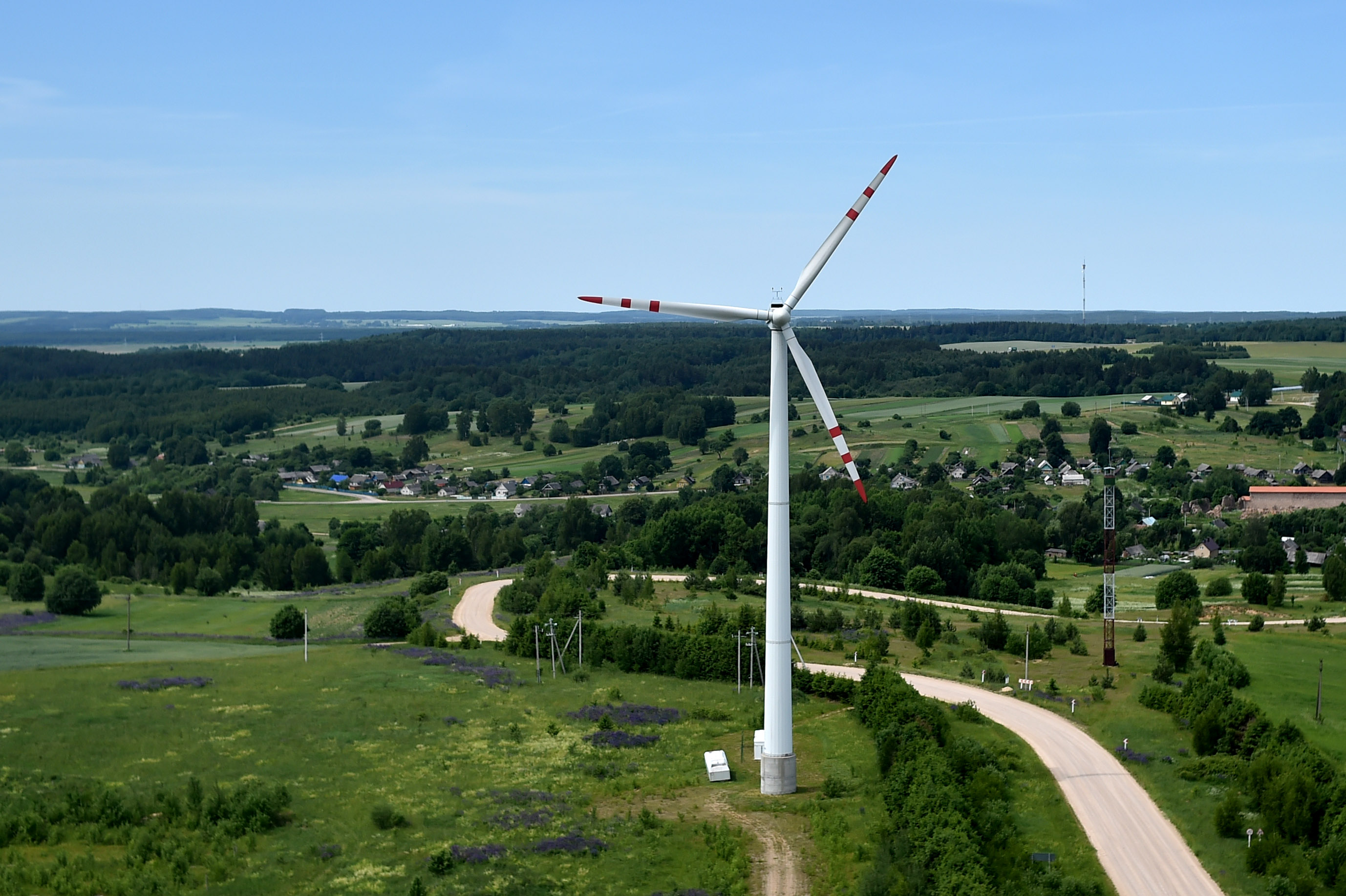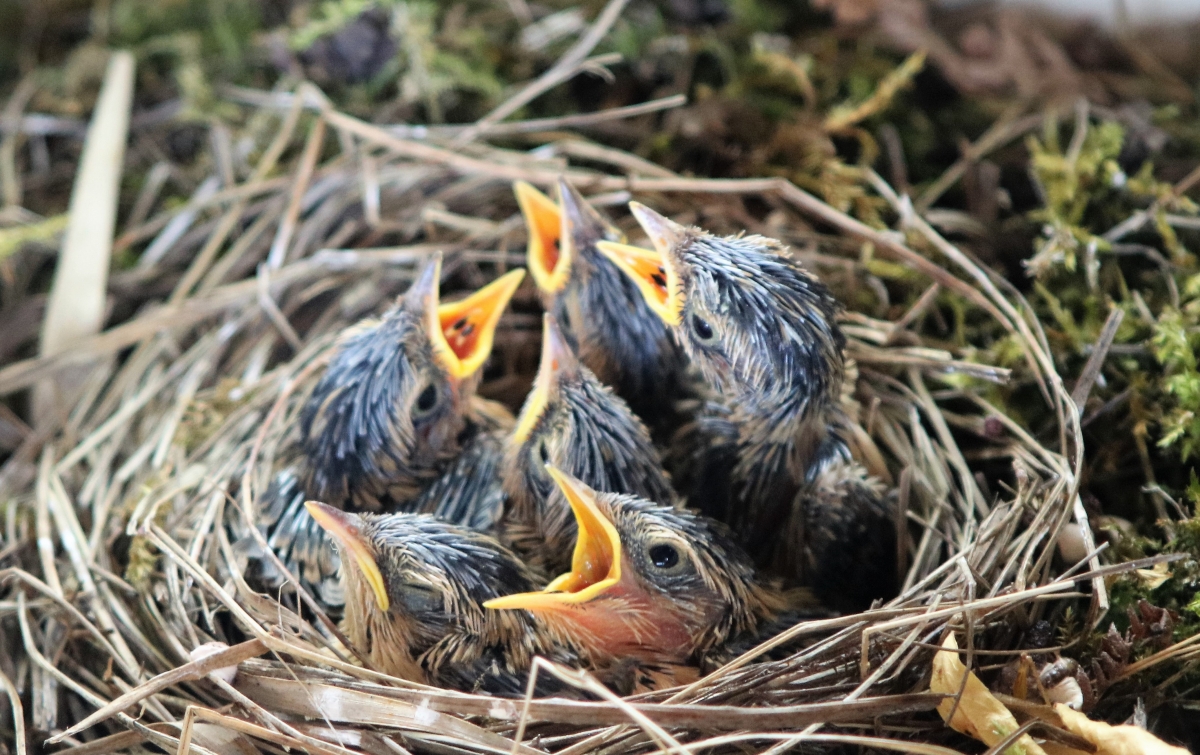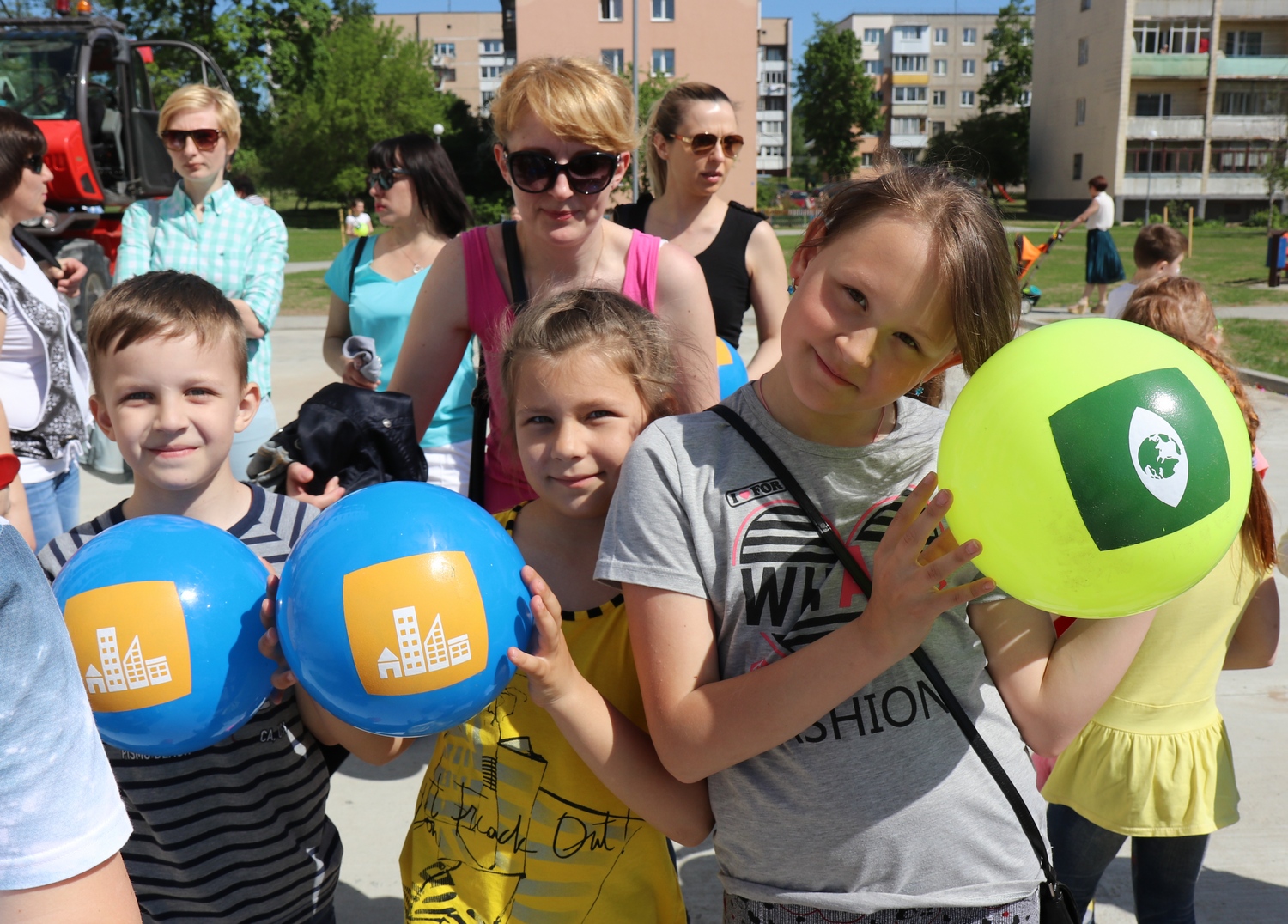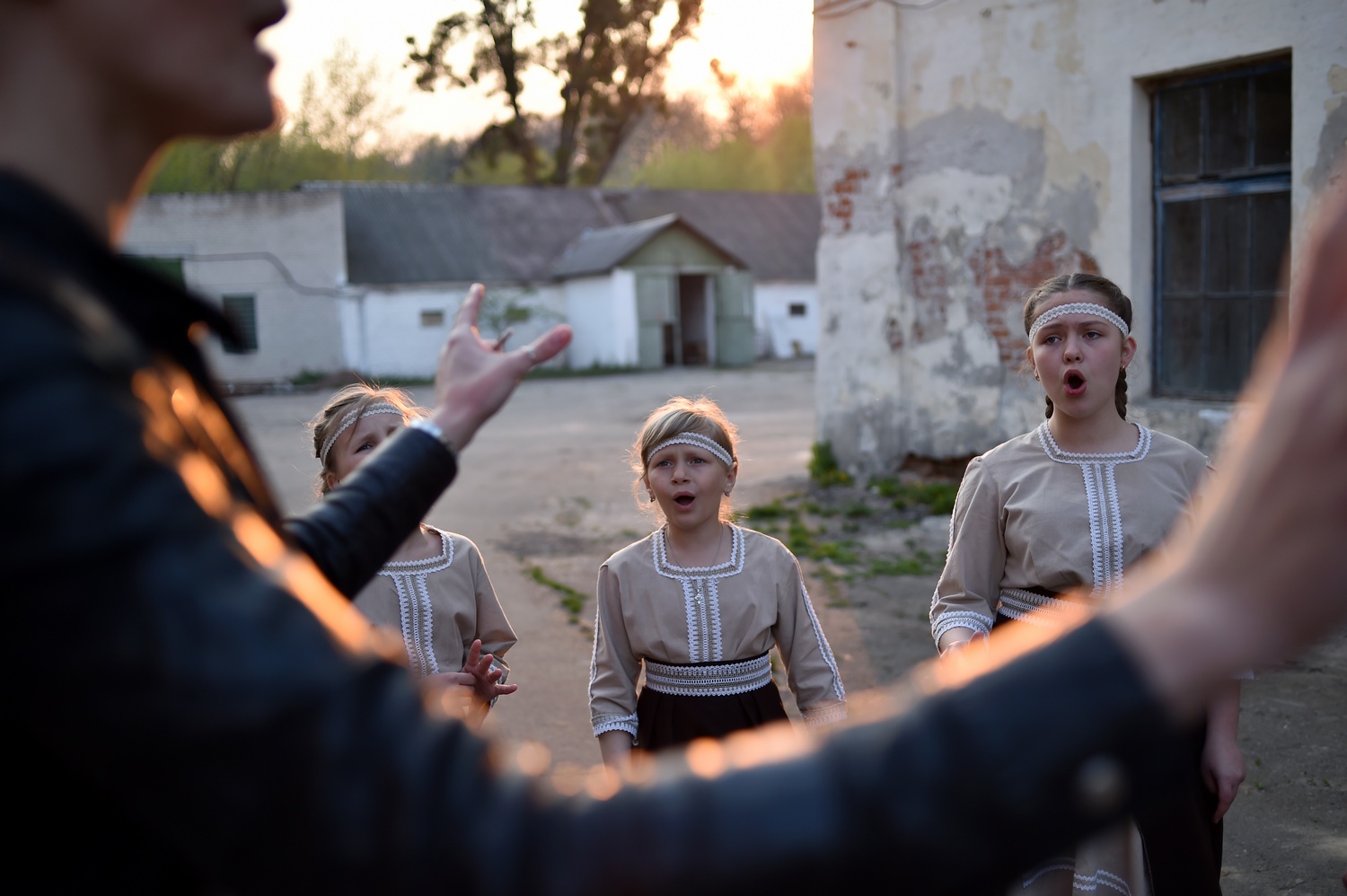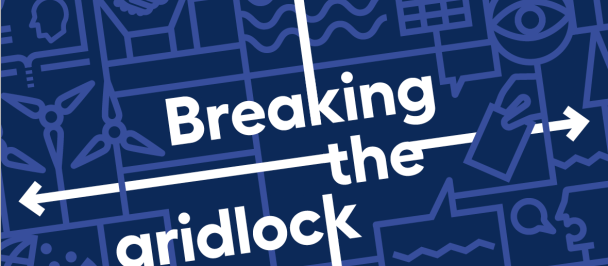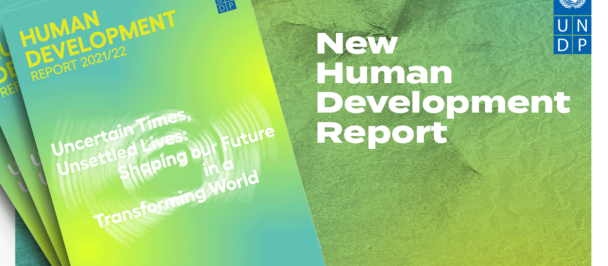Photo: Siarhiej Leskiec, Sergei Gapon, UNDP in Belarus
A baby born in Belarus in 2019 has a pretty good chance to live a long and healthy life, get access to knowledge and technology. On the average, Belarusians live 74.6 years, and spend 15 years on gaining education. In total, the money earned by people and businesses (gross national income) in Belarus per capita is USD 17,039.
“Average” is the key word. Across the world, “average”-s, “total”-s, “nominal”-s hide poverty, hunger, disease and the lack of access to basic social services. They camouflage inequalities – both established and emerging from the climate change and breathtaking digital revolution.
Shall we look at quality of people’s lives beyond averages, beyond income… and beyond today?
What is human development?
Back in 1990 UNDP introduced a new approach for advancing human wellbeing. Human development focuses on improving the lives of people rather than accelerating economic growth. Ultimately, human development is about choice — about providing people with opportunities while not insisting that they make use of them.
Can we measure human development?
UNDP believes that people are the real wealth of nations. For 30 years we have been measuring Human Development Index (HDI) as an indicator of countries’ development progress and growth.
Belarus’ HDI value for 2018 positions it at 50th rank out of 189 countries. This is composed of progress on three dimensions of human development: life expectancy, length of education, and gross national income.
Since the turbulent 1990s, Belarus’ HDI value showed steady growth and increased from 0.656 to 0.817, an increase of 24.5%. There hasn’t been a single year when the Belarus’ level of human development declined.
The country is going well on gender indices. Belarus is among 20 countries where HDI value of women is higher than for men. Up to 40% of parliamentary seats in Belarus are taken by women. Sixty five percent of women in the paid labour market have at least a special secondary education. Belarusian women die from pregnancy related causes far less than elsewhere – 4 women out of 100,000.
How inequalities affect human development?
The 2019 UNDP’s flagship Human Development Report centers on combating inequality. It is not coincidental. Inequalities are holding back the progress in human development. They are weakening social cohesion and people’s trust in government, institutions and each other. Economies are most hurt since inequalities prevent people from reaching their full development potential.
Belarus loses 6.4% of its human development potential due to gender-based and environmental inequalities. This loss is comparatively low: in other countries of Europe and Central Asia it goes beyond 11%.
Belarus has still to apply more efforts in closing the gap in economic opportunities between women and men. The labor market participation of women is 58.1% compared to 70.3% for men. Women in rural and Chernobyl-affected areas are particularly exposed to poverty risks due to limited employment opportunities and low average wage level. In Belarus, women spend 2 times more time on unpaid domestic work.
Challenges lie ahead of reaching environmental sustainability. Like other countries in the region, Belarus remains heavily dependent on fossil fuels. The share of the renewable energy comprises only 6.8% of the total energy consumptions. High level of CO2 emissions persists at 5.6 tonnes per capita. However, the issue is high on the agenda. Belarus has recently announced its commitment to reduce greenhouse gas emissions by at least 35% by 2030.
At the same time, Belarus is known for its rational exploitation of the natural resources. Belarus invested heavily in sustainable management of its forestry that has expanded it by 11,1% during the last 30 years. Belarus’ 10 years water withdrawal comprises only 2.5% of the total amount of renewable water resources. Also, the country’s unique species of plants and animals are in no danger of extinction.
Can we combat inequalities?
Although inequalities lie beyond income, averages and today, they are not beyond solution. Policy commitments and strong partnerships can make the difference.
Equality comprises the core of Belarus’ key strategic and forward-looking development agendas. The National Strategy for Sustainable Social and Economic Development 2030 and the coming National Sustainable Development Strategy for 2035 both put a person in the center of the development process.
Many of the development challenges need to be addressed at transboundary, regional or global scale. To succeed is to partner. The knowledge and expertise shall stem both to and from Belarus. While attracting international best practices, Belarus has a lot of lessons-learned to share.
These views are the backbone of a new UNDP Belarus Country Programme for 2021-2025. Its development is guided by the national priorities and driven by the Global Goals. The Programme is a welcoming platform for the Government, business and civil society to unite in development aspirations.
Together we will stand to open new opportunities for Belarusians and to ensure that a baby born in 2019 will be able to choose a better future.

 Locations
Locations